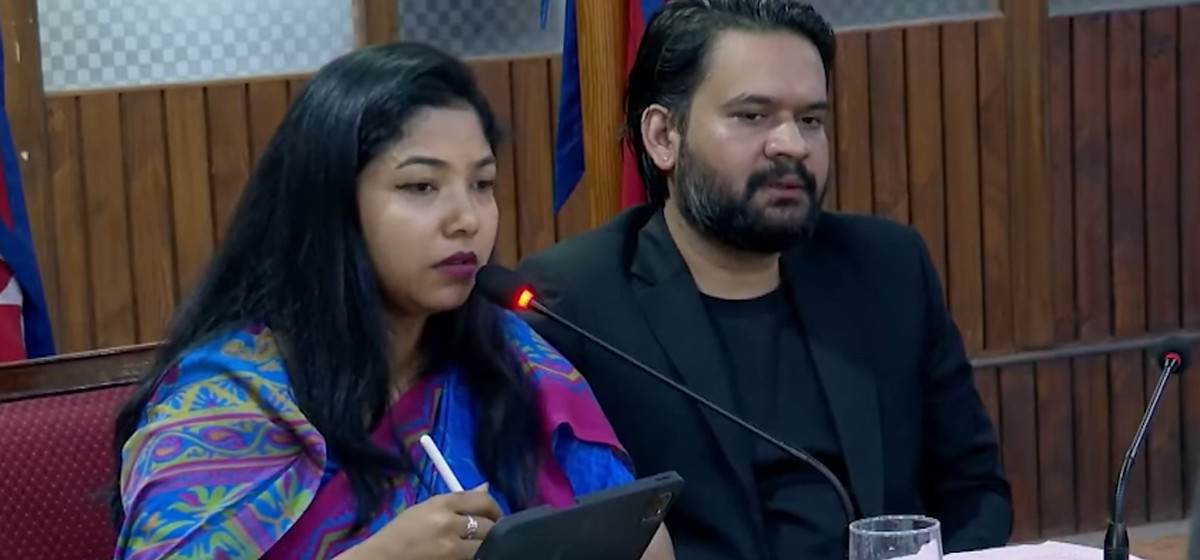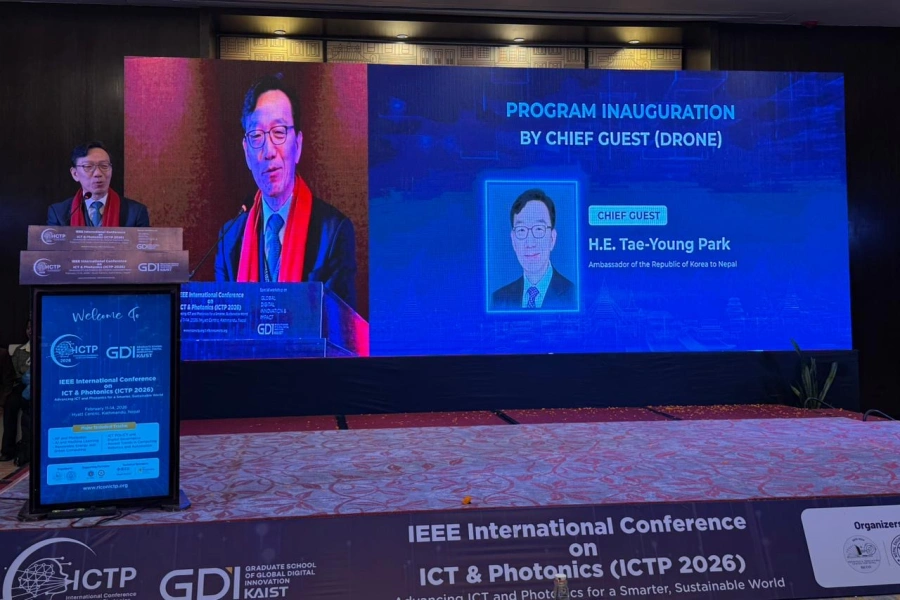KATHMANDU, Dec 20: The Supreme Court (SC) has annulled the legal provision that allowed ward chairpersons of Kathmandu Metropolitan City (KMC) to become chairpersons of the School Management Committees (SMCs) of community schools. In its full verdict, the SC stated that allowing ward chairpersons to hold the position of SMC chairperson creates a conflict of interest, as it could lead to a situation where they monitor and evaluate their own work.
The full text states that Section 12 (1) of the Education Act, 2028 BS aims to ensure the participation of parents and the community in selecting the leadership of the SMCs, which are considered the foundation of a democratic approach to school management. However, the amendment made by the Kathmandu Metropolitan City in 2080 BS rendered this provision ineffective by automatically making the ward chairpersons or persons appointed by them the chairperson of SMCs, thus opening the door to political interference in the education system. The court ruled that it is not appropriate for a ward chairperson to continue as the chairperson of an SMC.
Section 11 (2) of the Local Government Operation Act, 2074 BS assigns the local governments the responsibility of monitoring and regulating schools. However, the KMC Act 2075 BS (First Amendment) Act 2080 BS, which made the ward chairpersons the ex-officio chairpersons of the SMCs, highlighted the potential for a conflict of interest.
All 32 ward chairpersons of KMC protest against footpath expan...

The full text states, "Appointing the ward chairperson as the chairperson of the School Management Committee creates a situation where the same person becomes both the monitor and the one being monitored." It further explains, "As an executive member, the ward chairperson must monitor the school, while in the role of the committee's chairperson, they must monitor and evaluate their own work. This creates a dual role, which not only undermines effective school monitoring and regulation but also violates the principle of task separation. As a result, this could negatively impact good governance and lead to conflicts between work, duty, and self-interest."
The bench, consisting of Chief Justice Bishwoambhar Prasad Shrestha and Justices Kumar Regmi, Prakash Kumar Dhungana, Sapana Pradhan Malla, and Prakash Man Singh Raut, directed the annulment of the provision in its verdict, stating that the amended Education Act of the KMC conflicts with the Federal Education Act.
In July 2023, the KMC amended the Kathmandu Metropolitan Education Act, 2075 BS, making the ward chairpersons or a designated ward members the ex-officio chairpersons of the SMCs. The amendment also stipulated that the current SMCs would automatically dissolve upon the implementation of the new law.
In response, the chairpersons of 17 SMCs in the metropolitan area filed a writ petition against the KMC at the SC. In its verdict, the Supreme Court annulled the provision, ruling that it conflicted with the Federal Education Act. The court further stated, "The existing Education Act requires that the SMCs be given an opportunity for a hearing before dissolution."
The verdict states that the law was prepared in such a way that it automatically dissolves the existing SMCs without giving them an opportunity for a hearing. The verdict further says that such arbitrary and subjective actions, which contradict the principle of natural justice, cannot be considered lawful. The verdict further emphasizes that while local governments may have the authority to legislate on certain matters, such laws cannot contradict constitutional principles, established legal systems, and democratic values. Enacting laws on matters of exclusive authority and ruling in this manner constitutes an exercise in arbitrariness.
The full text emphasizes that local governments must aim to promote, rather than restrict, public participation when enacting laws. It also points out that certain provisions of the Education Act, 2028 BS have changed in the current context. The writ petition explains the need to coordinate the implementation of existing education laws and constitutional rights. Based on this explanation, the court highlighted that local governments lack the authority to create education-related laws that contradict democratic processes, the spirit of the constitution, or the essence of the Education Act, 2028 BS.






































